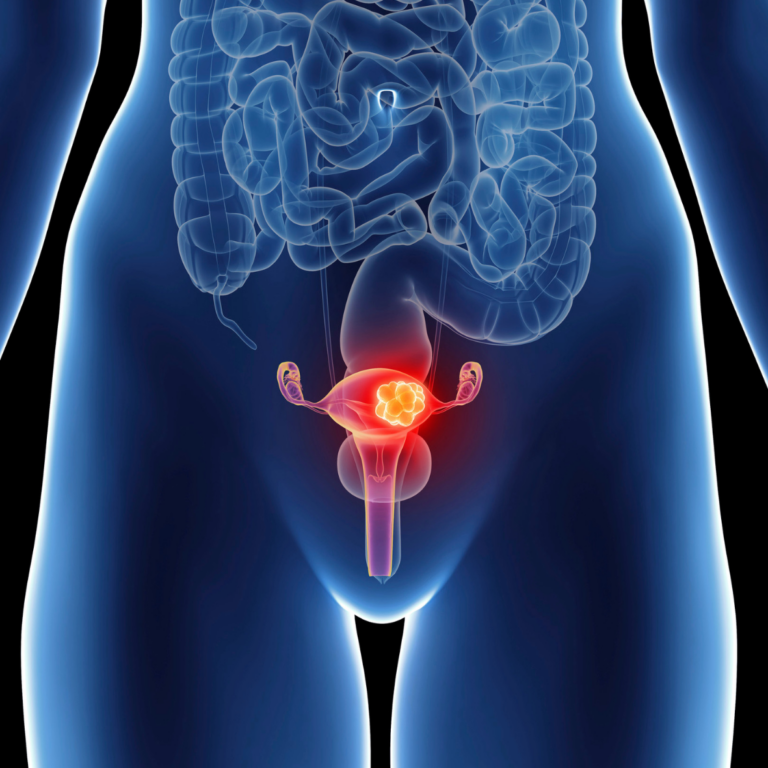The Marató de TV3 has announced that the upcoming edition, scheduled for December 17, 2023, will focus on Sexual and Reproductive Health (SSIR), a crucial theme impacting millions in Catalonia and globally. In this context, exploring innovative approaches in research is imperative, and metabolomics emerges as a promising tool to advance our understanding and treatment of pathologies related to SSIR.
Metabolomics is a scientific discipline that focuses on studying metabolic profiles, i.e., the collection of small molecules or metabolites present in an organism. This approach allows for a comprehensive analysis of biochemical changes occurring in the body, providing a deeper understanding of metabolic pathways and potential imbalances associated with diseases related to Sexual and Reproductive Health (SSIR). This enables the adoption of more effective approaches in both research and treatment.
Research teams in sexual and reproductive health now have the opportunity to leverage metabolomics to deepen the understanding of metabolic complexities associated with diseases such as preeclampsia, endometriosis, sexually transmitted infections, menopause, prematurity, among others. These studies can provide valuable data for designing prevention strategies, early diagnosis, and personalized treatment.
It is essential to highlight that metabolomics can play a crucial role in research with a gender perspective. The ability to comprehensively analyze metabolic profiles can help identify significant differences between men and women, leading to more specific and personalized treatment approaches.
Therefore, metabolomics offers an innovative and holistic perspective to address the challenges of sexual and reproductive health. By harnessing this advanced technology, researchers can gain a more comprehensive understanding of the metabolic complexities associated with these diseases, paving the way for more effective prevention and treatment strategies.


At Biosfer Teslab, our commitment to research is reflected in our strong belief that metabolomics plays a fundamental role in addressing pathologies related to SSIR. We not only believe in this perspective but also support our claim with substantial expertise in nuclear magnetic resonance, actively participating in previous studies and providing our technology to clients dedicated to research in this field. These studies have underscored the undeniable potential of metabolomics in understanding and effectively addressing complexities related to SSIR.
Here are some of them:
- Miranda, J., Paules, C., Noell, G., Youssef, L., Paternina-Caicedo, A., Crovetto, F., … & Gratacós, E. (2023). Similarity network fusion to identify phenotypes of small-for-gestational-age fetuses. Iscience, 26(9).
- Gumà, J., Adriá-Cebrián, J., Ruiz-Aguado, B., Albacar, C., Girona, J., Rodríguez-Calvo, R., … & Guaita-Esteruelas, S. (2021). Altered serum metabolic profile assessed by advanced 1h-nmr in breast cancer patients. Cancers, 13(17), 4281.
- Amor, A. J., Vinagre, I., Valverde, M., Urquizu, X., Meler, E., López, E., … & Perea, V. (2021). Nuclear magnetic resonance-based metabolomic analysis in the assessment of preclinical atherosclerosis in type 1 diabetes and preeclampsia. Diabetes Research and Clinical Practice, 171, 108548.
- Amor, A. J., Vinagre, I., Valverde, M., Alonso-Carril, N., Urquizu, X., Meler, E., … & Perea, V. (2021). Novel glycoproteins identify preclinical atherosclerosis among women with previous preeclampsia regardless of type 1 diabetes status. Nutrition, Metabolism and Cardiovascular Diseases, 31(12), 3407-3414.
These studies support the effectiveness of metabolomics as an innovative and highly relevant tool in SSIR research. If you are planning research studies in this area or are interested in participating in La Marató’s call, we invite you to contact us. We are here to offer our expertise in metabolomics and nuclear magnetic resonance, contributing to projects that aim to advance the understanding and treatment of the complexities of sexual and reproductive health. Together, we can drive research towards new horizons and significantly improve the quality of life for people.


